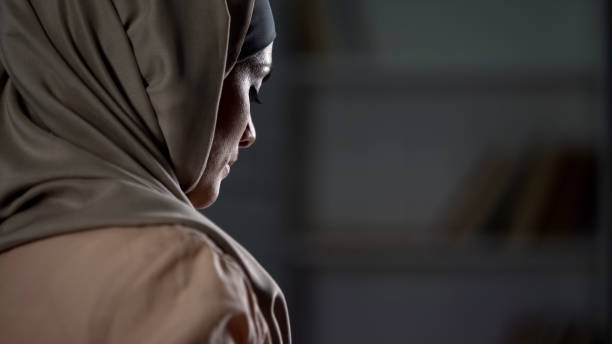In Islam, wealth is not just something to collect and enjoy, it is a trust from Allah. The money we earn and the blessings we receive are tests to see how we use them. Do we keep everything for ourselves, or do we share with those in need? That is where zakat and charity (sadaqah) come in. They are not only acts of kindness but also acts of worship that purify both our wealth and our hearts.
What is Zakat?
Zakat is one of the five pillars of Islam. It is not optional; it is an obligation for every Muslim who has wealth above a certain amount (called nisab). The word “zakat” itself means purification and growth. By giving zakat, a Muslim purifies their wealth from greed and selfishness, and in return, Allah increases its blessings.
The standard rate of zakat is 2.5% of one’s savings and assets that have been held for a year. It may seem small, but when given sincerely, it makes a huge difference in the lives of the poor and needy.
Why Zakat Matters
When we give zakat, it is not just about money—it is about building a just society. Zakat ensures that wealth does not remain in the hands of a few but circulates to help those struggling with hunger, debt, or hardship.
The Qur’an clearly mentions who can receive zakat: the poor, the needy, those in debt, and other categories (Surah At-Tawbah 9:60). This shows that zakat has a system—it is not random giving but a structured way of uplifting the community.
The Spiritual Side of Zakat
Beyond numbers, zakat purifies the heart. Human beings naturally love wealth, and sometimes this love can turn into greed. Zakat breaks that attachment. It reminds us that what we have is not really ours, it belongs to Allah, and we are just caretakers.
When a Muslim gives zakat, they experience inner peace, knowing they have fulfilled their duty and helped someone else breathe easier. This act of generosity strengthens the bond between rich and poor and reduces jealousy and division in society.
Charity (Sadaqah) Beyond Zakat
While zakat is fixed, Islam also encourages sadaqah (voluntary charity). Sadaqah can be big or small—it is not limited to money. Smiling at someone, removing harm from the road, helping a neighbor, or even speaking kind words can all be sadaqah.
The Prophet Muhammad ﷺ said: “The believer’s shade on the Day of Judgment will be his charity.” (Tirmidhi) This shows that every act of giving, no matter how small, protects and benefits us in the hereafter.
Modern Relevance
In today’s world, we see poverty, hunger, and inequality everywhere. At the same time, we see some people with wealth beyond measure. Zakat and sadaqah are solutions that Islam gave centuries ago. If every wealthy Muslim gave zakat properly, poverty would be reduced to a minimum.
Even in modern times, Muslims around the world are building hospitals, schools, orphanages, and food banks through zakat and charity. This proves that Islam’s system is timeless, it addresses the needs of humanity in every era.
Purification of Wealth and Soul
The beauty of zakat and sadaqah is that they don’t reduce wealth, they increase it. Allah promises in the Qur’an that charity never decreases wealth but brings more blessings (barakah). Sometimes this blessing is financial, but often it is peace of mind, health, or success in other areas of life.
When we give, we are not losing, we are investing for the hereafter. Wealth left behind after death does not benefit us, but the charity we gave in life continues to reward us even in the grave.
Conclusion
Zakat and charity are more than financial duties, they are spiritual cleansers. They purify wealth from greed, purify the soul from selfishness, and purify society from inequality. Every coin given in zakat and every act of sadaqah builds a bridge between us and Allah’s mercy.
So, the next time we look at our earnings, let us remember: a small portion belongs to those in need. By giving it, we don’t just help them, we help ourselves, in this life and in the life to come.

